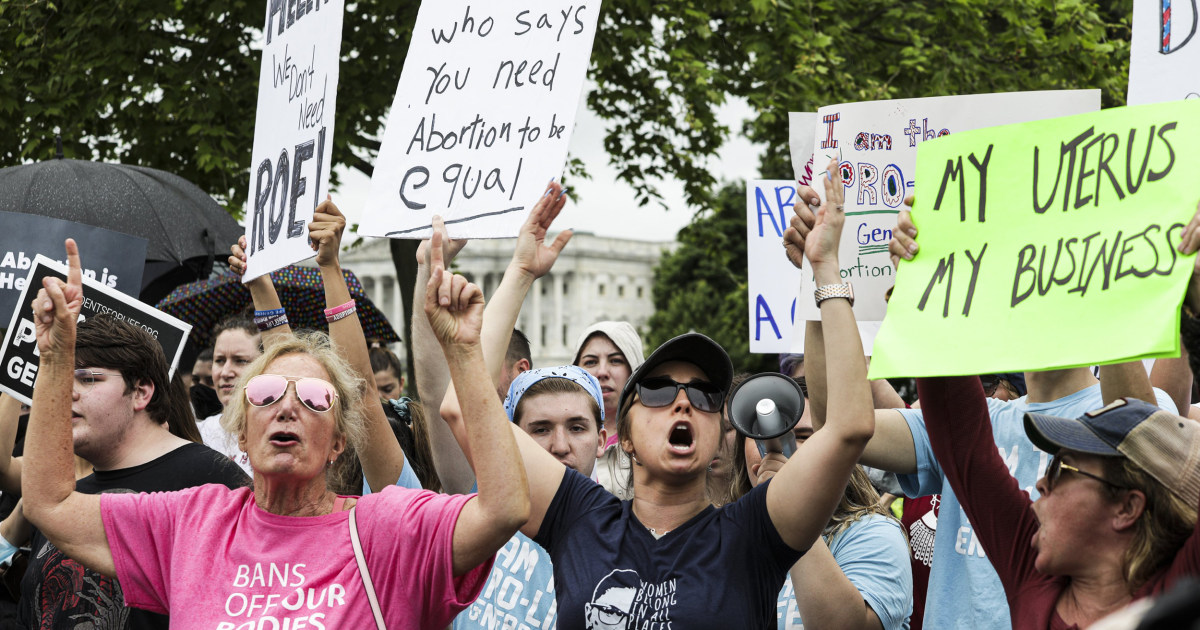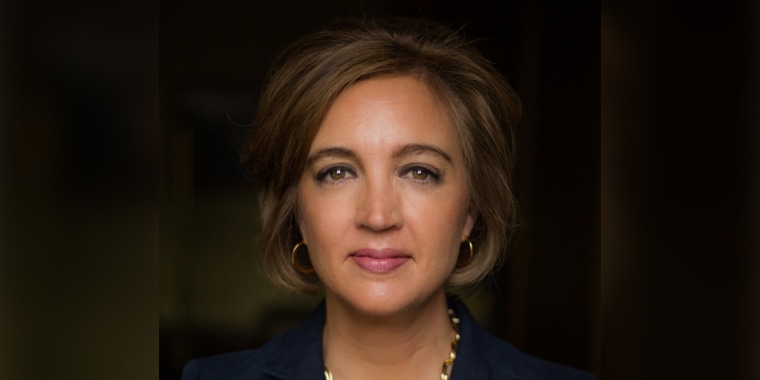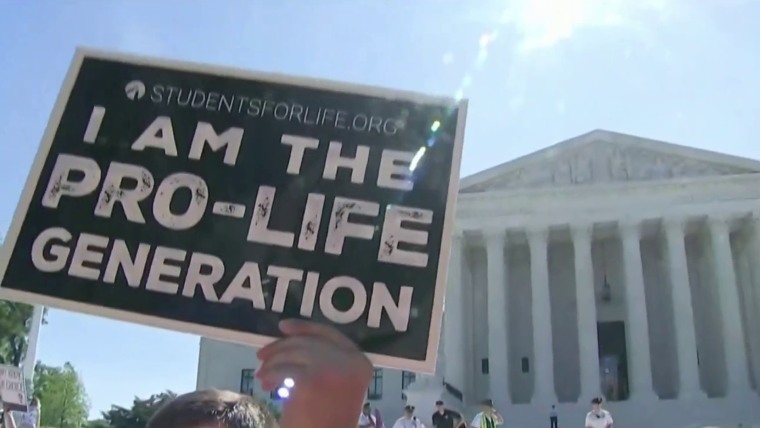
Some sentiments hit like clockwork. The classic December “wow-this-year-flew-by-fast” is one of them. In 12 short months, the world witnessed a rush of gender equity events that kept me, a gender economist, on my toes. So, before we jump into another whirlwind of a year, let’s pause to review five major news stories that rattled the gender equity beat in 2022.
Educational attainment took a hit
We increased our time to educational gender equityby 83 percent in the past two years, which means that we are on track to achieve gender equity in educational attainment by 2044. Considering that a country’s GDP per capita increases by 10 percent for each additional year of education, this setback will ricochet throughout the entire economy.
On a brighter note, the Biden-Harris Administration announced an ambitious student loan debt forgiveness plan, which would cancel up to $10,000 in debt for people with salaries under $125,000 and up to $20,000 for people who received Pell Grants. This plan matters for gender equity because women hold 67 percent of all student loan debt in the United States, yet they make up 58 percent of graduates.
Women continue forging ahead in politics
The 2022 midterms set another milestone for women in politics. Twelve women will serve as governors in 2023, the most number of women ever to concurrently serve in this position. Meanwhile in D.C., a record 149 women will serve in the 118th Congress. For reference, the previous record of women in Congress was 147 after the 2020 midterms.
Gender equity in politics matters because women are 10 percent more effective legislators and deliver 9 percent more money in federal programs to home districts compared to men politicians. Unfortunately, however, perpetrators of violence target women in public office 3.4 times more often than men in public office.

Congress restores agency to workers
The #MeToo movement took off in 2017 and we are just now beginning to see its legislative impact. This year Congress passed the Ending Forced Arbitration of Sexual Assault and Sexual Harassment Act, which ends binding arbitration in sexual misconduct cases. Congress also passed the Speak Out Act, which voids non-disclosure agreements in cases of sexual assault and harassment. These two laws weaken the strongholds of structural inequity and give agency back to workers, which is key to unlocking the $1.789 trillion opportunity of labor market equity.
Women lose one of the their foundational rights
The Supreme Court’s overturning of Roe V. Wade is as much an economic story as it is a justice one. Roe’s overturn strips women of one of their three foundational rights: the right to choose. (The other two foundation rights are the right to vote and the right to own property.) It also gambles with $3 billion worth of wages that could be invested back into local economies if state-wide abortion restrictions were lifted.
The United States Constitution still doesn’t guarantee gender equality
The Equal Rights Amendment collected more dust this year. The bipartisan joint resolution that would remove the deadline to ratify the Equal Rights Amendment (thus paving the way for constitutional gender equality) lies dormant in the Senate. At this point, the Equal Rights Amendment has two viable paths to the U.S. Constitution: either the Senate removes the deadline to ratify, or we begin the entire process from the ground up.
The road into 2023
We don’t know what will happen to the stock market, metaverse, or economy in 2023. Amid this uncertainty, there’s one thing we can be sure about. That gender equity is a $3.1 trillion economic opportunity in the U.S. alone. It’s in everyone’s best interest, not only women’s, to move the needle toward equity.
Katica Roy is a gender economist and the CEO and founder of Denver-based Pipeline, an award-winning SaaS company that leverages artificial intelligence to identify and drive economic gains through gender equity. Pipeline launched the first gender equity app on Salesforce’s AppExchange. The Pipeline platform was named one of TIME Magazine’s Best Inventions of 2019 and Fast Company’s 2020 World’s Most Innovative Companies.
Source link


